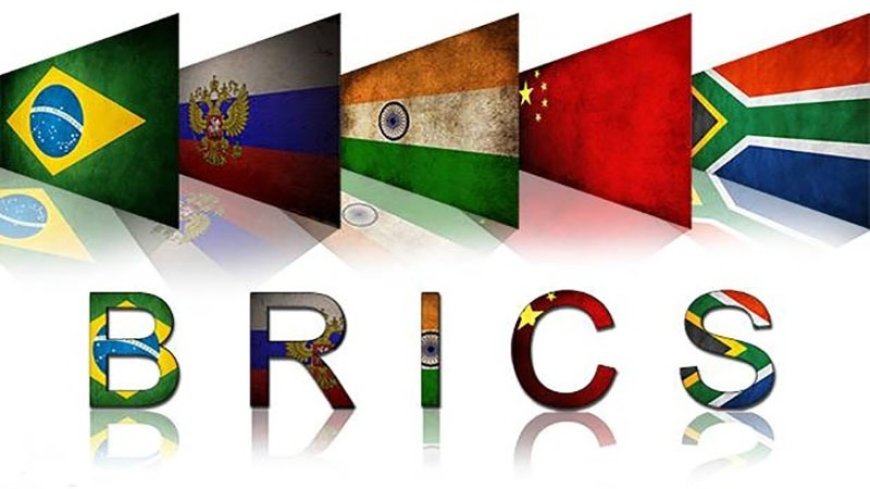BRICS summit in South Africa, diplomatic immunity for foreign guests

South Africa will host the BRICS summit in August. For the occasion, he announced diplomatic immunity for foreign officials who will participate in the summit, potentially opening the door to the personal participation of Russian President Vladimir Putin, on whom there is an "international arrest warrant" issued by the International Criminal Court.
The meeting of BRICS foreign ministers - which brings together Brazil, India, Russia, China and South Africa and the other countries that are gradually joining, giving life to a real alternative to the G7 - will begin preparatory work in Pretoria next Thursday.
According to the South African newspaper Daily Maverick, a published notice has been issued by the Minister of Foreign Affairs and Cooperation, Naledi Pandor, for the Diplomatic Immunity and Privileges Act to be granted to all international officials at BRICS-related events in the country.
The notice, signed on May 19 and published in the Official Gazette on May 2, states that Putin and his international counterparts will be granted immunities and privileges under Section 6(1)(a) of the Law. A spokesman for Minister Pandor said the warning was "routine" and such warnings were issued whenever such an international meeting took place in South Africa.
The notice is in line with the law on diplomatic immunities and privileges, which establishes that immunity is granted to officials and experts of the United Nations, of any specialized agency or organization and to representatives of any state participating at an international conference or meeting convened in South Africa.
In theory, as a signatory to the Rome Statute of the International Criminal Court, South Africa should comply with the war crimes mandate and arrest Putin if the Russian president enters South African territory. Yesterday, however, the South African Defense Forces (SANDF) explicitly stated that they will not arrest Putin if he attends the summit, saying they do not have the power to do so: in statements quoted by local media, army chief Rudzani Maphwanywa said to recognize the mandate of the ICC, but emphasized that the army operates within the framework of international law and therefore respects diplomatic immunities.
According to Zane Dangor, director general of the Department of International Relations and Cooperation,“In this particular case, the waiver of immunities for President Putin should come from Russia itself. This is subject to various legal interpretations and that is why this commission is looking into all these aspects. We have a legal opinion, but another independent legal opinion has been sought so we are sure of the action that will be taken."
South Africa's decision thus openly weakens the attempt to unilaterally use the International Criminal Court as an instrument of NATO's war against Russia on war crimes.After all, for some time African countries have been threatening to abandon the International Criminal Court, accusing it of double standards in that until now it has acted only against the weakest countries and never against Western countries. Three years ago, to make it clear who was in charge, the United States even banned the entry of the president of the International Criminal Court itself.













































